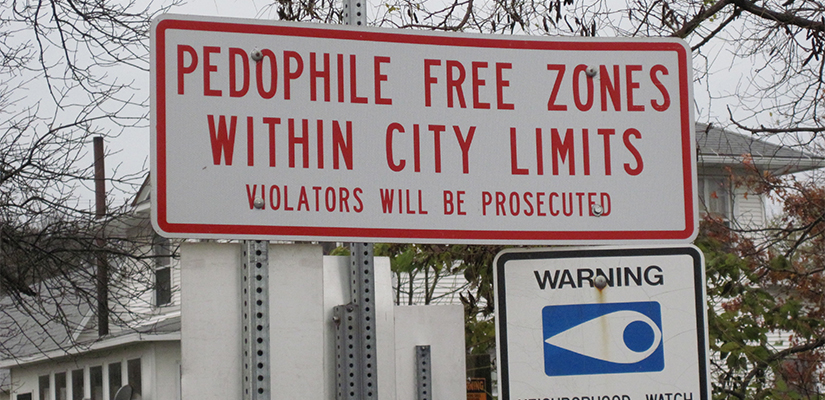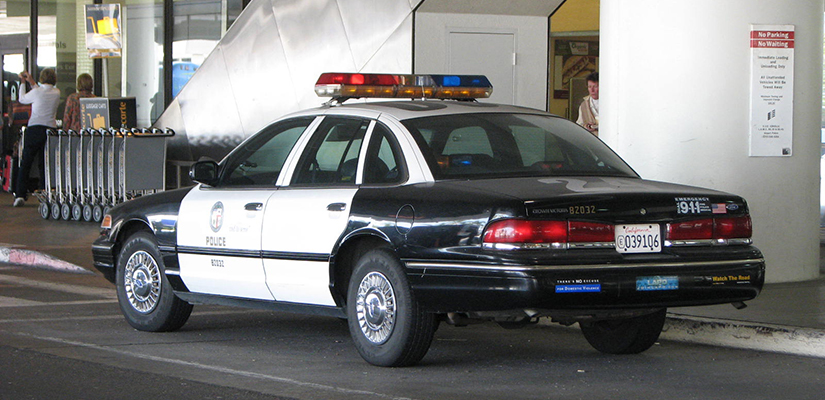A recent report in a newspaper in the United Kingdom reported that police in that country are planning to start using “pretext” telephone calls and text messages in an attempt to get rape suspects to implicate themselves.
The tactic involves alleged victims who, under police supervision, contact alleged perpetrators via text message or telephone call in an attempt to get the alleged perpetrator to make admissions that corroborate the victim’s allegations. According to the article, the “conviction rate” for rapes reported to the authorities England and Wales are 6% and authorities are hoping that this tactic will hope boost this number.
The tactic involves the alleged victim contacting the suspect via text message or telephone and saying something like “why did you do this to me” or “how could have you done that to me” and, sometimes the alleged perpetrator will respond that he is “sorry” and that it will “never happen again.” These admissions are powerful evidence that police and prosecutors use to corroborate the alleged victim’s allegations.
The question for authorities in the UK is whether the tactic will run afoul of the Police and Criminal Evidence Act of 1984 (PACE), which, among other things, requires police to warn a suspect that he or she has the right to have a “solicitor” (i.e., attorney) present and that anything the suspect chooses to say can be taken down and used as evidence in court. According to officials from the Crown Prosecution Service in the UK, they realize that there may be problems having “pretext” call evidence admitted in court under PACE, but they are willing to try the tactic and see how the courts rule.
While the article states that there may be problems with admissibility of such evidence under the laws of the UK, the article also points out that, under California law, there are no such legal barriers. The article states:
“The use of pretext phone calls is common in California, where defense attorneys’ websites warn clients to beware of the practice. Police in the Michael Jackson child molestation case in 2005 tried to get his accuser, Gavin Arvizo, to make a pretext call to Jackson, but the boy refused. Jackson was acquitted.
In another California case Enrique Monteya was convicted of serious sexual assaults, including rape, against his partner’s underage daughter and jailed for 64 years after a pretext phone call from the girl. She told him she had run away and was thinking about reporting what he had done to her. Monteya replied: ‘Why? Don’t do that … Why you gonna do all that? They’ll put me in jail for the rest of my life. They’ll kill me. You want them to kill me?'”
So, if you receive a suspicious telephone call or text message from someone who seems VERY interested in getting you to admit that you did something illegal, or demanding an apology for some alleged affront, simply tell the person that, since they are accusing you of committing a crime, you no longer want to talk to them and that you want to talk to a lawyer about the fact that you are being accused and that they can talk to your lawyer about their accusations, and then hang up immediately.
You can read more about this story on The Guardian.
If you or a loved one has been accused of a crime, you would be very wise to speak with an experienced attorney, and a knowledgeable one. Call the attorneys of Wallin & Klarich. Visit us at www.wklaw.com or call us at 1-888-749-0034.



